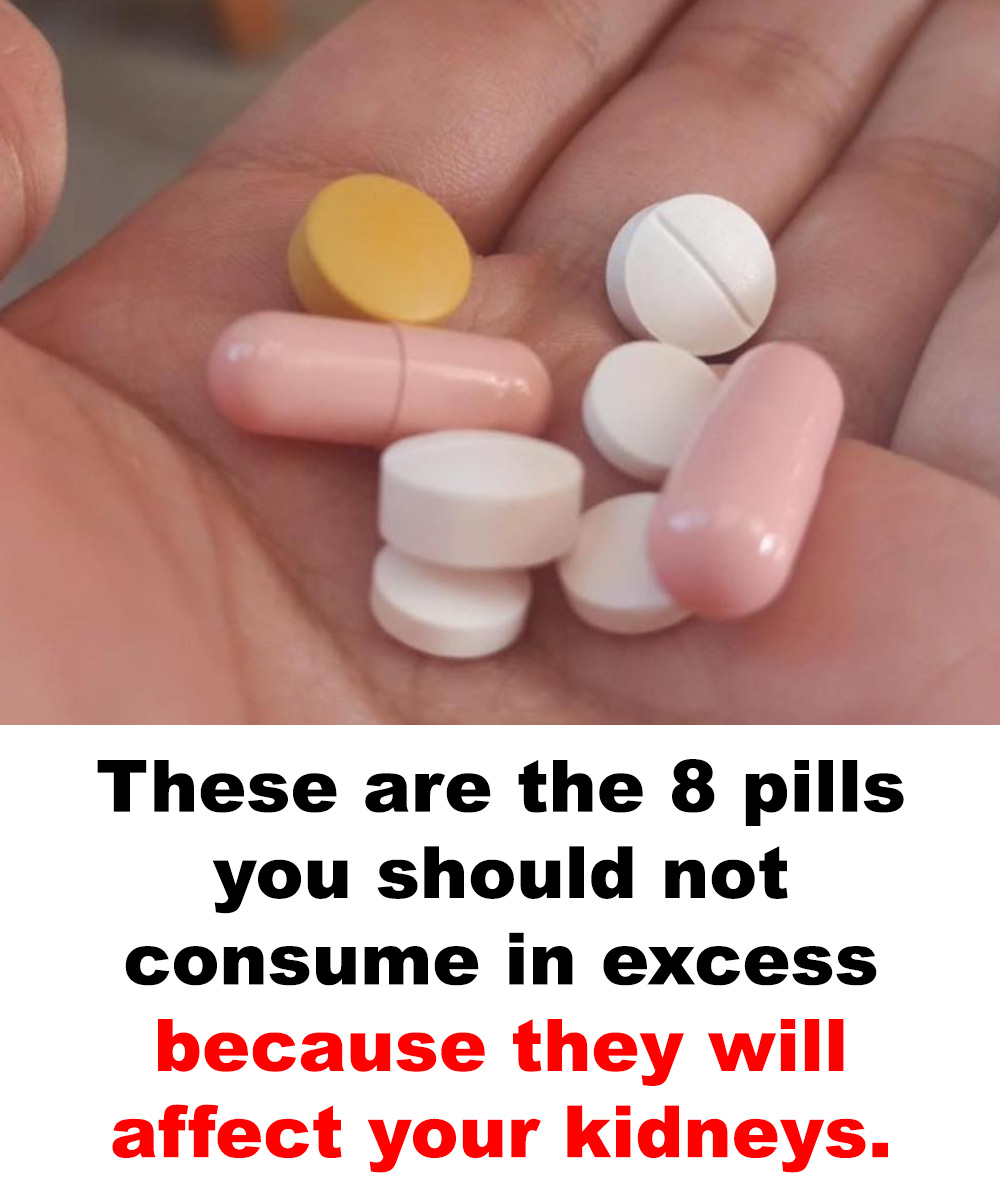Over the years, the use of medications to treat various illnesses has grown significantly, but so has awareness of their potential side effects—particularly on kidney health. While these drugs can be effective for managing certain conditions, prolonged or excessive use may lead to serious kidney damage.
The kidneys play a vital role in filtering toxins from the body, so keeping them healthy is crucial for overall well-being. Below is a list of medications that, despite being commonly prescribed, can negatively impact kidney function:
1. Lithium
Used for: Bipolar disorder
Risk: Long-term use can cause chronic kidney disease.
2. Anticonvulsants (e.g., Phenytoin, Trimethadione)
Used for: Epilepsy and seizure disorders
Risk: May lead to kidney dysfunction with prolonged use.
3. Chemotherapy Drugs
Includes: Cisplatin, carboplatin, cyclosporine, tacrolimus, bevacizumab
Risk: Can cause acute kidney injury or long-term damage.
4. Propylthiouracil
Used for: Hyperthyroidism (overactive thyroid)
Risk: Linked to kidney inflammation and impaired function.
5. Proton Pump Inhibitors (PPIs – Omeprazole, Lansoprazole, Pantoprazole, etc.)
Used for: Acid reflux and stomach ulcers
Risk: Long-term use may increase the risk of chronic kidney disease.
